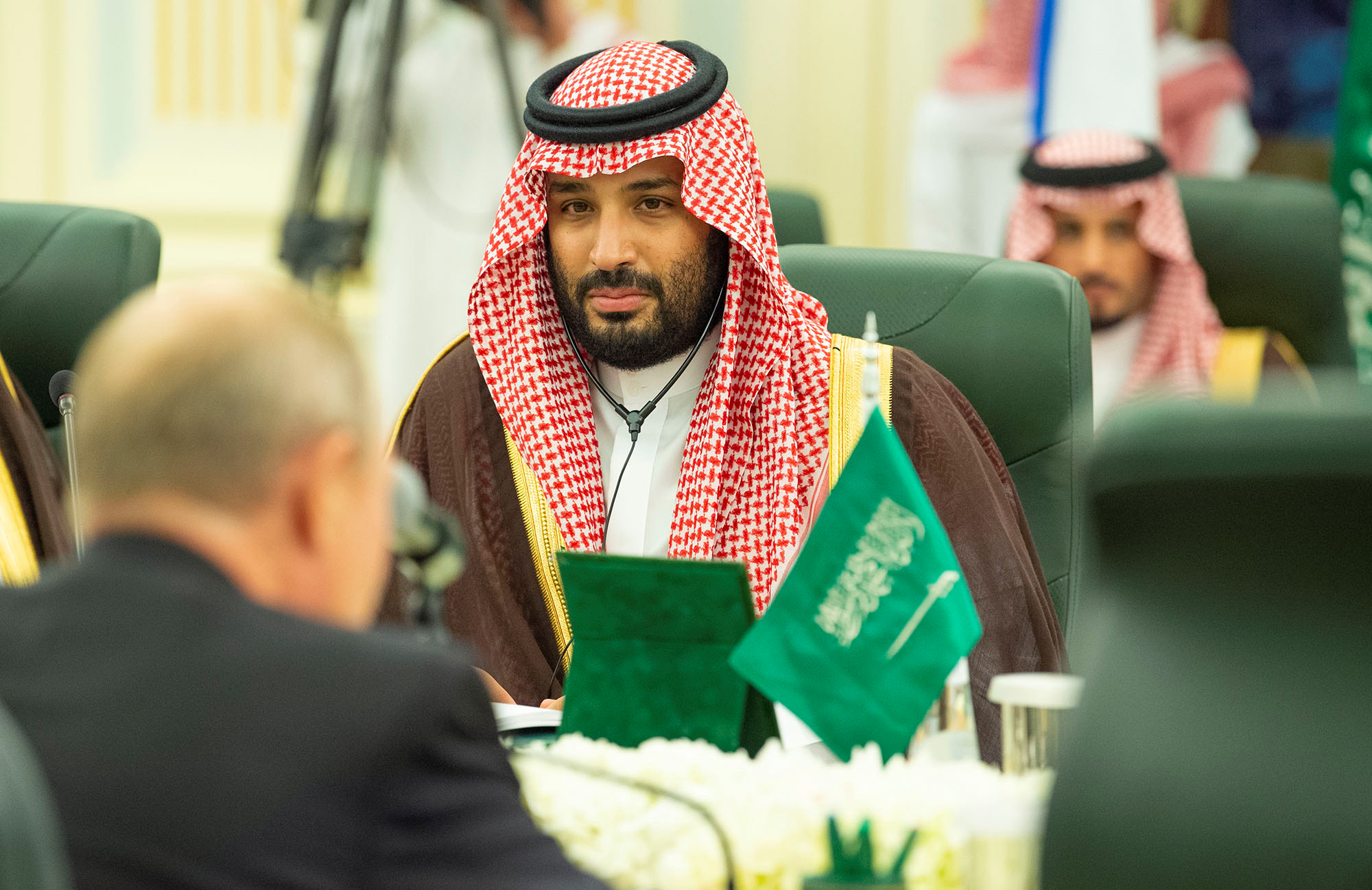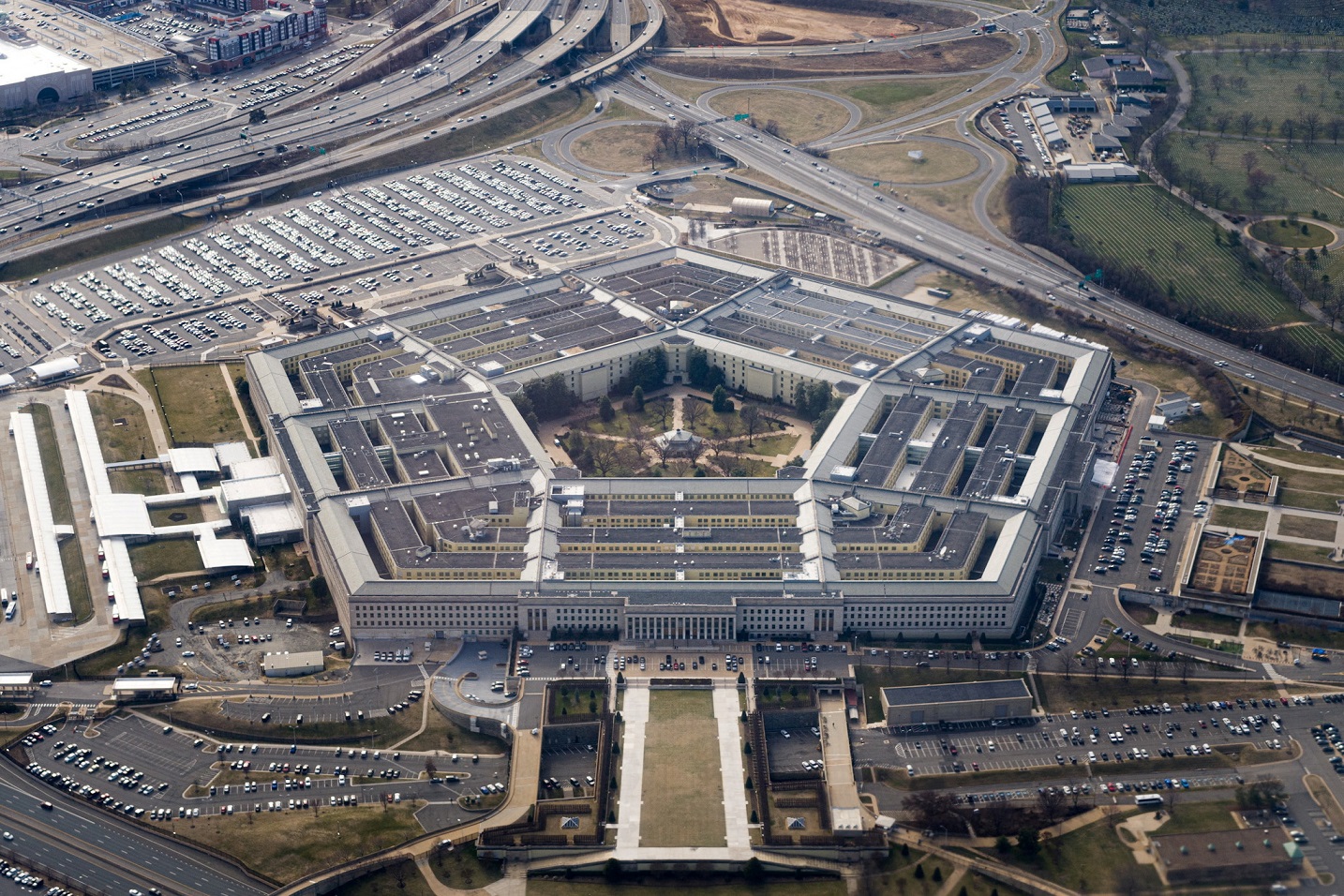Publications
INSS Insight No. 1712, April 20, 2023
Russia is known to figure prominently among economic and foreign policy considerations of Arab states, notwithstanding the failures of the Russian army in the war in Ukraine and the sanctions imposed on it. For the Arab Gulf states, Russia is primarily an essential partner for regulation of energy prices, influence over Iran, and leverage vis-à-vis the United States. Moscow for its part uses these Arab states’ need for close relations to enhance its presence and influence in the Middle East, and to reduce the isolation and toll of the sanctions imposed by the West as much as possible.
The classified Pentagon documents leaked over the past few weeks shed additional light on the relations between Russia and key Arab states, and expose details about the extent of cooperation between them. The documents, which deal primarily with the war in Ukraine in various contexts, show that in spite of Russia’s inferiority on the battlefield in Ukraine, the economic sanctions imposed on it, and United States efforts to isolate it, Russia remains an important element in the web of interests and considerations of states in the region.
Emerging information shows that there has been a gradual weakening of US influence in the Middle East, and that Arab states in the region seek to hedge risks and not identify exclusively with one side or another. Several states acted in this manner and dragged their feet in the effort to isolate Moscow diplomatically and economically and even assisted it in various ways, despite official US policy and requests by the administration not to do so. A document dated March 9, 2023 reveals that the United Arab Emirates and Russia agreed to tighten intelligence cooperation between them and seemingly to share information regarding US and British intelligence services. It was also revealed that Egypt agreed to manufacture covertly various types of ammunition for Russia (including 40,000 rockets) in order to assist it in its war effort in Ukraine. On the other hand, there is no indication that these moves were actually implemented, whether due to US pressure or for other reasons.
This revelation joins reports from the past year regarding the extent of assistance to Russia: the UAE and Saudi Arabia, for example, purchased Russian oil – while bypassing sanctions on Moscow – and apparently sold it at a profit. The UAE also became a central destination for wealthy Russians who evaded sanctions, which prompted a flourishing real estate market in Dubai that became one of the transit hubs for goods into Russia for the “grey imports.” The number of Russian “tourists” in the UAE is now nearly one million. It was likewise reported that there are some 100 private planes owned by wealthy Russians parked at Dubai International Airport.
Despite the sanctions imposed on Russia, the UAE permitted it to present some 200 weapon systems at the international arms exhibition (IDEX) in Abu Dhabi in February 2023; according to the Russians, these systems were tested on the battlefield in Ukraine. This information also comes alongside reports from recent years about connections between the UAE and the Wagner Group, including funding for some of its operations. On December 8, 2022, the United States and Russia exchanged prisoners at the Abu Dhabi Airport: Russia released American basketball player Brittney Griner in exchange for a Russian citizen who had been sentenced to a long prison term in the US for illegal arms trading and supporting terrorism.
There has also been a recent improvement in relations between Russia and Saudi Arabia. Saudi Crown Prince Mohammed bin Salman assisted in September 2022 in a prisoner exchange between Russia and Ukraine, which included the release of a Ukrainian politician linked to the Russian president, and Saudi involvement continued in additional exchanges. During his visit to Moscow in March 2023, the Saudi Foreign Minister spoke of the Kingdom’s willingness to assist in a dialogue between Russia and Ukraine. Russia is interested in building nuclear reactors in the Kingdom, and in December 2022 submitted documents for the final stage of a tender on this issued by the Kingdom. In addition, Russia is working to cancel the visa requirement for travelers between the two countries. And in early April, for the first time in ten years, two ships from the Russian Navy docked in the port of Jeddah.
Russia has also not been absent from the diplomatic field. Moscow is exploiting its ties with key states in the region to increase its influence via mediation efforts. If, over the past decade, there were disagreements between Russia and the Gulf states, due to Gulf support for opposition to Syrian president Bashar al-Assad, the parties are now drawing closer in their stances. Moscow looks favorably at the process led by the Gulf states to bring Assad back into the Arab fold. It is no surprise that Russia is, reportedly, the matchmaker of renewed relations between Saudi Arabia and Syria.

In the background, Russia remains an important arms source and between 2018-2022 was the third largest arms exporter, after the US and France, to Middle East states (including Iran).
A central factor in Russia’s importance to the Gulf states is its good relations with the Iranian regime, and Moscow’s ability to influence Tehran’s decisions. In the eyes of the Gulf states, the US failed to prevent Iran from going nuclear and is insufficiently attentive to their security issues, even as Iran has strengthened militarily and positioned itself at the nuclear threshold. The relationship with Russia is therefore vital to them as leverage over Iran.
Russia and the Gulf states also have a partnership of interests in coordinating oil prices. The Gulf states, which hold some 40 percent of the world’s proven oil reserves, have indicated (most recently in their April 2023 decision) that they are committed to understandings with Russia as part of the OPEC+ cartel. The decision by the Gulf states to cut oil production again – in coordination with Russia – has aroused anger in the US, both because of its impact on oil markets and because of the indirect assistance it offers the Russian war effort in Ukraine.
Significance
The leaked Pentagon documents supply information that further demonstrates the growing tendency by Arab states to diversify their alliance preferences, at the expense of their relations with the United States. Thus, one of the central consequences of the war in Ukraine is changes made by core Middle East states in their relations with their traditional ally, the US. They are not interested in giving up on the relationship with the US, but in reducing their dependence on this relationship. The value of the Gulf states in the wake of rising oil prices allows them – in their view – to try and shape a new model of relations with the US, within which they have increased freedom to maneuver, such that it is easier for them to carry out an independent policy that allows maximizing the pursuit of their national interests.
From the start of the war in Ukraine the Gulf states sought to adopt an ostensibly neutral policy. They did not explicitly support Russia, as did Iran and Syria, but did maintain an open connection with the Russian leadership and assist it in a manner inconsistent with the Western stance. This conduct reflects a change in perception of the place of the United States in the current regional order. For Moscow, the connection with the Gulf states is of the highest importance. Beyond the ability they offer it to bypass sanctions, the Gulf states offer it access to the region and contribute to enhancing its status therein. Russia is especially dependent on oil prices for funding the war in Ukraine; promoting its relations with them is critical.
US influence in the region has weakened, but not disappeared. Thus, for example, significant US pressure led the UAE to vote in the UN General Assembly against Russia, after it abstained in the first vote in the UN Security Council. Similar heavy pressure also led the UAE to cancel the license it had granted for the operation of a Russian bank on its territory – a step that would have allowed Russia to move money easily in spite of sanctions against it.
However, Israel must continue to observe with some concern the trend of developing relations between Russia (and China) and states in the region. The leaked Pentagon documents provide additional evidence of this trend: Russia seeks to expand its influence in the region, while the US is devoting less attention to events in the theater. Regional states for their part are seeking to adopt a more “independent” foreign policy than in the past, which in practice probably means distancing themselves from the US orbit.



